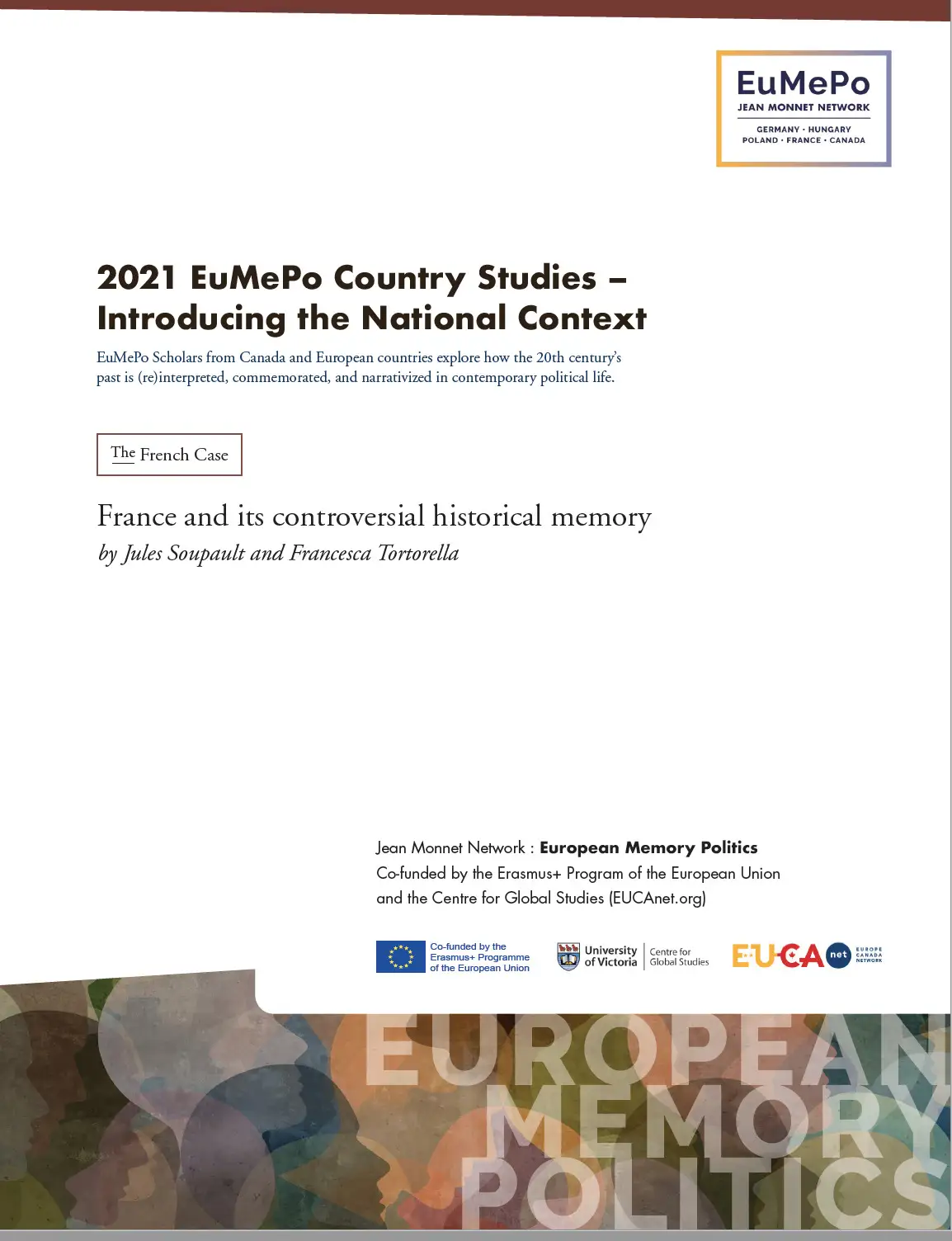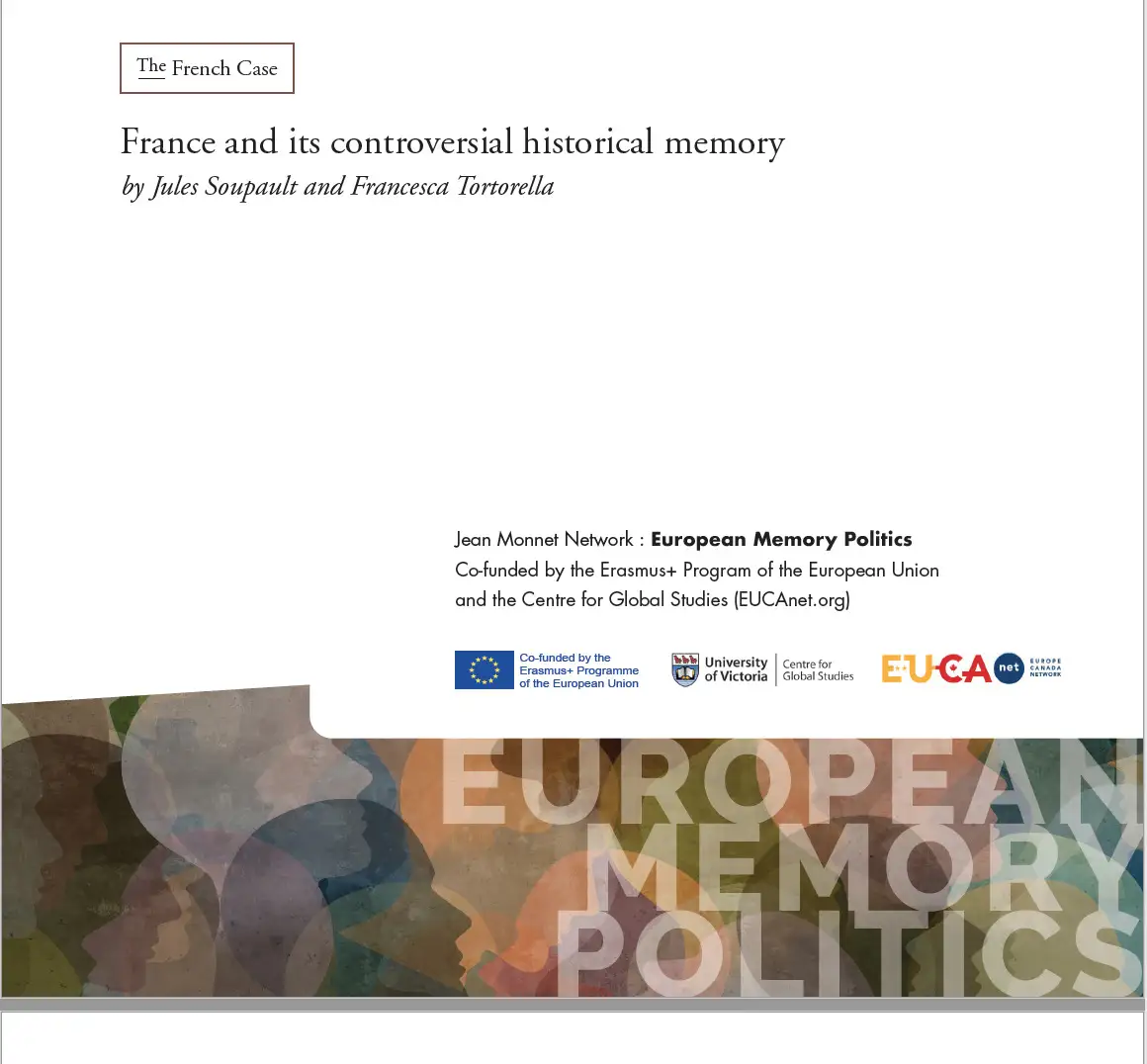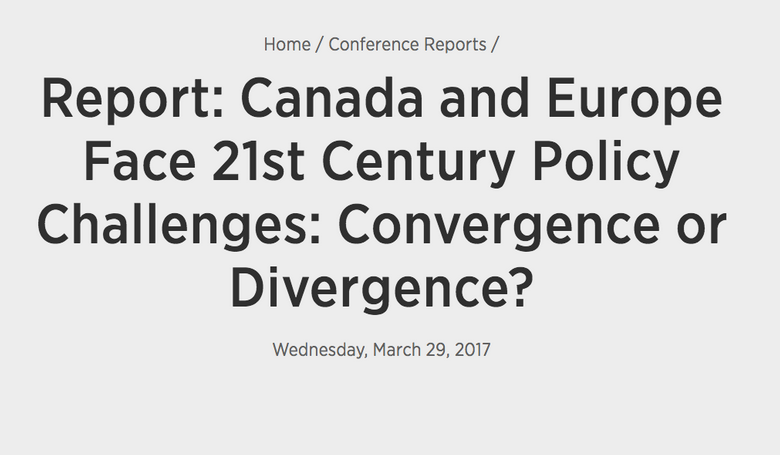France and its Controversial Historical Memory – European Memory Politics – a short introduction
Jules Soupault and Francesca Tortorella from the University of Strasbourg present a short introduction on how the 20th century’s past is (re)interpreted, commemorated, and narrativized in contemporary political life in France. This short summary allows the Jean Monnet Network European Memory Politics (EuMePo) to share some approaches to the difficult discussions about the national contexts and memory politics in selected countries.
“Each nation develops its own version of nationalism with its specific characteristics. Therefore, it is challenging making general assumptions about these iterations of nationalism as they may miss the specificity of each. Yet, from a historical perspective, nations and nationalism must be understood as social constructions made by individuals and institutions, in a particular period and spatial context. Hence, we will consider that nationalism is “primarily a political principle which holds that the political and the national unit should be congruent” (Gellner 1983:1).
The influence of such political principles necessarily undermines the European Union, as they promote national sovereignty and exceptionalism against supranational democracy and integration. Since the 2000’s, the electoral progression of a political party like Le Rassemblement National (RN) is taking part in a global context where national populists get elected on ‘nation first programs’. In 2002 and 2017, the RN candidate running for President made it to the second round. The impossibility to governing without taking into consideration their electorate has incited French political parties to challenge the RN on its themes. Since 2007, the right, the left and the center have been in power, and despite their diverse political identities …” Read more:











